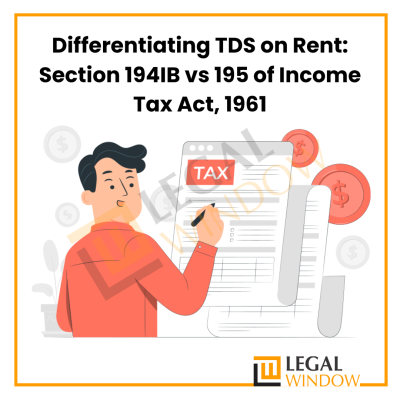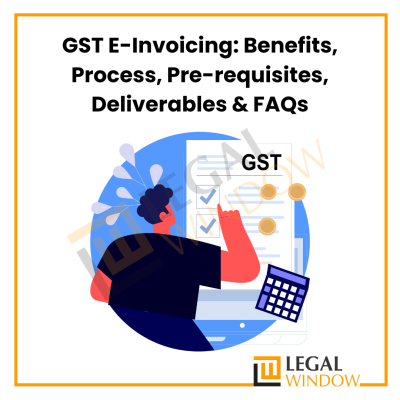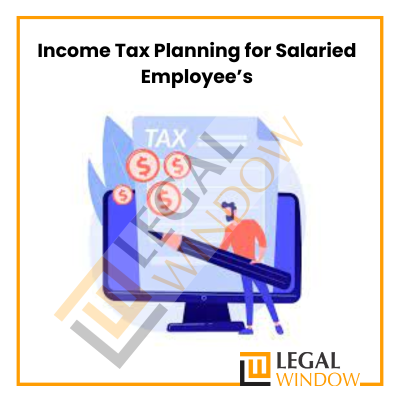 The structure of GST (Goods and Service Tax) is created to make the process of tax collection efficient, reduce corruption, and make the movement of goods inter-state easy and etc.
The structure of GST (Goods and Service Tax) is created to make the process of tax collection efficient, reduce corruption, and make the movement of goods inter-state easy and etc.
GST Law provides the concept of self-assessment, so that payment of taxes and easy compliance can be facilitated. It also provides an explanation of the demand, notices, and recovery provisions in case the taxes are short-paid, unpaid, or the returns are not duly filed.
| Table of Contents |
Abstract
GST is a progressive law and there are several things that business entities and taxpayers must regularly take care of. There are certain necessary compliances that must be duly followed. Such as;
- Requirements of filing return,
- Analyzing the input tax credits,
- Keeping track of vendor data, and
- The recently introduced e-invoicing and e-way billing system
It has now become crucial for business entities to maintain their business, and steadily grow, and it manages their Indirect Taxation.
Departmental Audits and Tax litigation/Assessments are a part of a business within the regime of GST. These are such terms that no assesses or taxpayer likes to hear.
Meaning of GST Litigation
Litigation within the purview of GST can by certain examples of the matters and issues that are included in it. Some of the matters related to GST litigation include;
- Carrying forward transitional credits from the indirect tax system that was being followed previously,
- Eligibility for an input tax credit on various goods and/or services, and
- Denial of refund claims,
- Non-payment or short payment of output tax liability and etc.
All of the above-mentioned matters fall within the scope of GST Litigation.
Types of Tax Litigation
The term ‘litigation’ is explained as the procedure of taking a matter in a court of law and taking legal action. Mainly, there are two types of tax litigation;
- Direct Tax litigation and
- Indirect Tax litigation
The Litigation relating to GST falls under the category of “Indirect Tax litigation” in the country.
Reasons for Initiating GST Litigation
While managing a business, companies take several actions such as filing GST returns, GST refunds, and claiming ITC. And in the course of carrying out such actions, sometimes certain mishaps also happen. These mishaps later get converted into litigation.
The taxpayers must keep in mind that they have to duly follow compliances related to GST. Otherwise, they would be at risk when their tax positions, compliances, and payments would be verified while audited by the tax authorities.
However, the taxpayers should be made aware that penalties would be levied in case of a notice default during audits. Interest implications can also arise if taxes are not paid or are short-paid.
Appeal against the result of the Audit
Taxpayers have the right to file an appeal when they are not satisfied with the result of Assessments or Audits. To file an appeal there is a fair appeal mechanism provided. Such mechanisms are unbiased and independent of the parties.
When a progressive law like GST is considered, business entities must understand the basics of GST Litigation and Departmental Audits. This would strengthen their defense strategy.
Further, when multiple entities in a group or (in a legal entity) litigations across multiple GSTINs are handled, the following are the most common factors of the Industry given priority when it comes to litigations:
- keeping a track of all the matters that are actionable,
- To monitor the progress of the litigations and preparedness regularly,
- To maintain all the required documents and information that is needed during the litigations from its original source,
Considering the fact that GST is a progressive law, it is critical to update the case files of these litigations. Particularly tracking the recent developments through notifications, judicial precedence, and circulars.
Types of Notices issued by the GST department
Notices are issued by the GST department at various stages. Mainly these stages can be categorized into three parts: pre-litigation notices, notices during litigation, and other miscellaneous notices. The provisions that provide such notices have a combination of different sections by the help of which the authority clears such matters. They are listed as below;
Pre-Litigation Notices: Following are the provisions that fall within the purview of Pre-Litigation Notices;
- Section 61: Scrutiny of Returns
- Section 65: Notice for Conducting Audit (by tax authorities)
- Section 66: Special Audit by Chartered Accountant (who is appointed by Tax authorities)
- Section 67: Inspection, Seizureand Search
- Section 70: Summons
Notices during Litigation
- Section 73: Show Cause Notice under Normal Period for Demand. It can be issued within 33 months from the due date of the GSTR-9
- Section 74: Show Cause Notice under Extended Period for Demand. It can be issued within 54 months from the due date of the GSTR-9
- Section 76: Notice for the demand of collected Tax which is not deposited
Other Notices (Miscellaneous)
- Section 79: Notice when there is an outstanding amount due to the default of a Vendor
- E-Way Bill Notices
- Investigations by CAG, Intelligence, Preventive or Anti-Evasion
The procedure of GST Litigation
In order to streamline more than one ongoing litigations/case, the assessee can follow the below process;
- Analyzing the Notice or Show Cause Notice or Order- After receiving the Show Cause Notice or General Notice from the department of GST, it is important for the business entity and the company to firstly verify it and analyze it,
- Briefing the company – The next step is preparing the brief of the company and then deciding the way to deal with the notice, and also making a plan of action for assurance to defend the company at all possible costs,
- Collating required information or data or reconciliations- In order to prove the case of your company, a lot of pieces of evidence, data, and related information and certain documents will be required, to produce before the officials,
- Validating and verifying the aforesaid information and data- After the data is collected, it is necessary to validate and verify it so that the accuracy of data is maintained,
- Drafting a suitable Appeal or Reply after thorough research for legal precedence- Once the documentation and information are in place, drafting a suitable reply is important, this draft would act as a reply to the notice received,
- Submitting the Appeal reply- Once the appeal or the reply is ready, it is essential to submit it to the concerned department
- Appearance before Commissioner, Adjudicating Authority, or Tribunal- The last part of the adjudication process is taking part in the appearance of a case before the concerned Adjudicating Authority to defend the case
 Conclusion
Conclusion
The process of adjudication begins with the identification of irregularities. These irregularities are noted at the time of scrutinization of the financial return.
These returns would be reviewed by the adjudicating officer by whom show cause notices would be further issued. It is then that the competent authority would pass an adjudicating order followed by appropriate appeal provisions. This is the way that the adjudication is done with respect to GST matters/issues within India.
CA Pulkit Goyal, is a fellow member of the Institute of Chartered Accountants of India (ICAI) having 10 years of experience in the profession of Chartered Accountancy and thorough understanding of the corporate as well as non-corporate entities taxation system. His core area of practice is foreign company taxation which has given him an edge in analytical thinking & executing assignments with a unique perspective. He has worked as a consultant with professionally managed corporates. He has experience of writing in different areas and keep at pace with the latest changes and analyze the different implications of various provisions of the act.
Categories
- Agreement Drafting (23)
- Annual Compliance (11)
- Change in Business (36)
- Company Law (148)
- Compliance (90)
- Digital Banking (3)
- Drug License (3)
- FEMA (17)
- Finance Company (42)
- Foreign Taxation (6)
- FSSAI License/Registration (14)
- GST (120)
- Hallmark Registration (1)
- Income Tax (202)
- Latest News (34)
- Miscellaneous (165)
- NBFC Registration (8)
- NGO (14)
- SEBI Registration (6)
- Section 8 Company (7)
- Start and manage a business (21)
- Startup/ Registration (130)
- Trademark Registration/IPR (40)
Recent Posts
About us
LegalWindow.in is a professional technology driven platform of multidisciplined experts like CA/CS/Lawyers spanning with an aim to provide concrete solution to individuals, start-ups and other business organisation by maximising their growth at an affordable cost.








